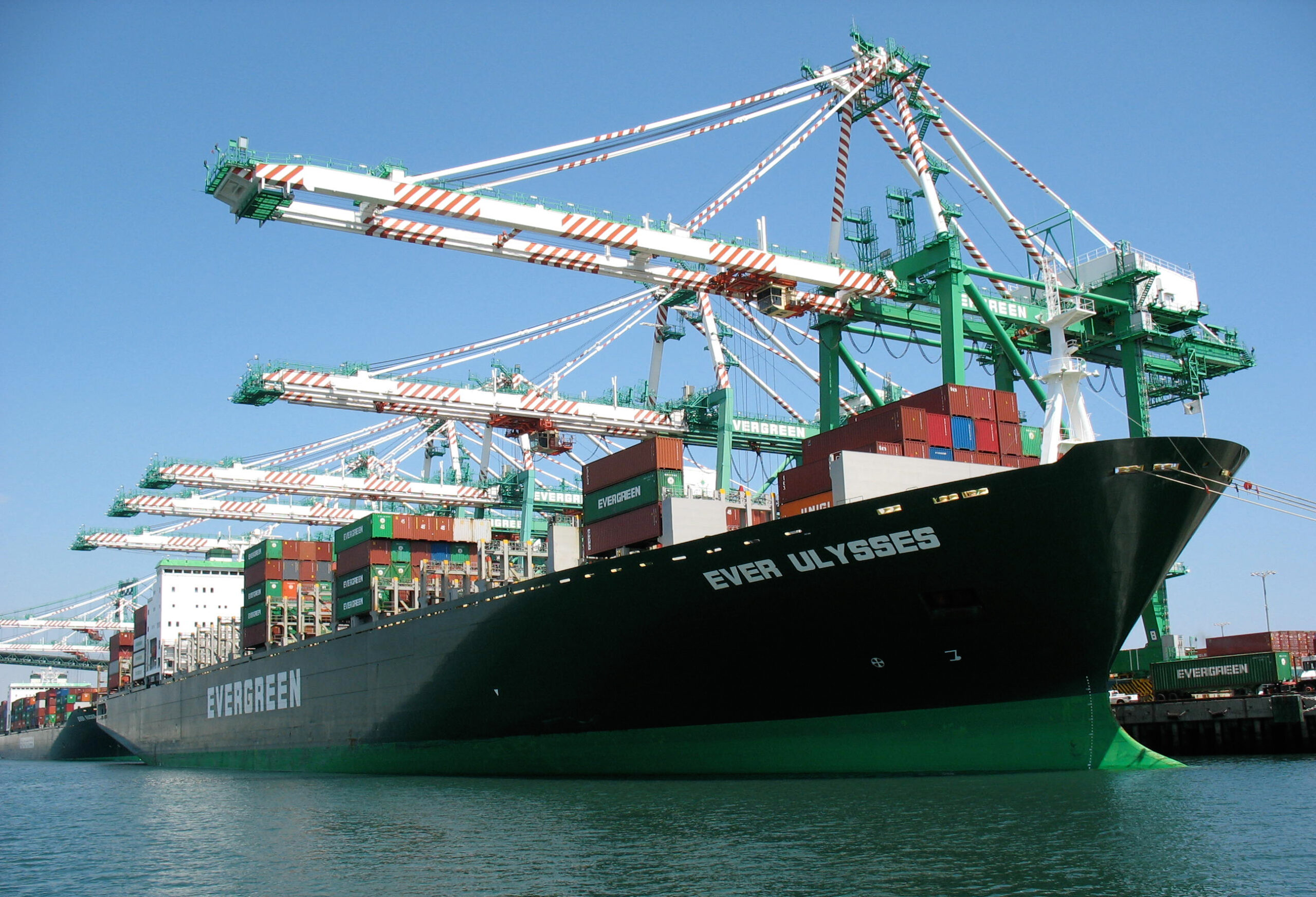The overarching objective of port development in Nigeria is to improve port infrastructure, by focusing on improving infrastructure, efficiency, and technology to boost economic growth and facilitate trade, with a goal of Nigeria becoming a regional transshipment hub.
The Nigerian maritime sector has over the past 2 years undergone several developments. These include the introduction of Naira-based petroleum product sales by the NPA, the establishment of a One-Stop-Shop for efficient coordination, the appointment of new port managers, and the construction of inland dry ports like the Gateway Inland Dry Port in Ogun State.
In 2025, key developments in Nigeria’s maritime sector include efforts to improve maritime safety and security, infrastructure upgrades, and promoting indigenous shipowners, with initiatives like the Deep Blue Project and the Nigerian Maritime Industry Working Group (NIWG) playing a crucial role.
The following are a more detailed look at some key developments from 2024 -2025:
Safety and Security
The Nigerian government and the Nigerian Maritime Administration and Safety Agency (NIMASA) have been working to enhance maritime security, including initiatives like the Deep Blue Project and collaboration with the Nigerian Navy to combat piracy and other maritime crimes.
Safety Standards
NIMASA has focused on enforcing safety standards, training, and awareness campaigns to educate operators and passengers on safety practices.
Marine Environmental Pollution
The government is taking measures to address marine pollution and protect the environment, including efforts to prevent oil spills and other forms of pollution.
Infrastructure and Development.
Port Modernization and Efficiency
The objective is to combat major challenges of infrastructural deficiencies, corruption and inefficiency within the port sector.
Infrastructure Challenges
The lack of adequate infrastructure, including roads and rail networks, has hampered port operations.
Capacity Constraints
Ports have struggled to handle the increasing volume of cargo, leading to congestion and delays.
Infrastructure Development
Efforts are underway to upgrade Nigeria’s six ports namely Apapa, Tin Can Island (both in Lagos), Onne, Port Harcourt (both in Rivers State), Warri (in Delta State), and Calabar (in Cross River State) to decongest traffic, and attract larger vessels, with public-private partnerships encouraged for port modernization and infrastructure development with the overall objective of revenue generating and efficiency.
The critical aspects of the port modernization are:
Rehabilitation and Renovation: The government is prioritizing the rehabilitation and renovation of existing port facilities, including quay walls, berths, and storage areas.
Deep-Sea Ports: Development of deep-sea ports to accommodate larger vessels and modern shipping trends is a key focus.
Rail Linkages: Establishing rail linkages to all ports is crucial for efficient cargo transportation and intermodal synergy.
Technology and Automation
Digitalization: The Nigerian Ports Authority (NPA) aims to fully digitalize port operations by 2025.
E-payment and E-SEN: Implementing e-payment and Electronic Shipping Notice (E-SEN) systems for streamlined processes.
Port Service Support Portal: Standardizing cargo handling and import-export operations through a portal to improve efficiency and transparency.
Efficiency and Capacity
Improved Turn-Around Time: Efforts are underway to reduce vessel turn-around time and cargo dwell time in ports.
Enhanced Cargo Handling: Modernizing cargo handling equipment and procedures to improve efficiency.
Private Sector Participation
Concessioning of Terminals: The government has implemented a policy of concessioning port terminals to private operators to improve efficiency and attract investment.
Public-Private Partnerships: Encouraging public-private partnerships for infrastructure development and modernization.
Private Sector Participation – Specific Projects
Badagry Deep Sea Port: A deep-sea port project in Badagry is in the pipeline, awaiting Federal Executive Council approval.
Lagos Ports Modernization Project: The NPA is collaborating with ITB-HITECH Joint Venture to modernize the Lagos ports.
Private Sector Participation – Key Players
The key players are;
Nigerian Ports Authority (NPA): The government agency responsible for developing, owning, and operating ports and harbors.
Federal Ministry of Transportation: Oversees the port sector and implements policies for modernization.
Private Terminal Operators: Companies that operate port terminals under concession agreements.
Nigerian Shippers Council: A government agency that promotes the interests of shippers and works towards improving port efficiency.
Floating Dock Project
NIMASA is partnering with the Nigerian Ports Authority (NPA) on the Floating Dock Project, which aims to provide economic benefits through employment and training opportunities.
Investment in Maritime Infrastructure
The government is investing in maritime infrastructure, including the acquisition of specialized mission patrol aircraft and vessels, as well as a command and control center.
Indigenous Shipowners and Economic Growth.
Empowering Indigenous Shipowners
The government is working to empower indigenous shipowners and increase local tonnage in the maritime sector with particular focus on the following areas:
Cabotage Act
The Cabotage Act reserves the commercial transport of goods and services within Nigerian coastal and inland waters to vessels flying the Nigerian flag owned by Nigerians and built in Nigeria.
Marine Tourism
NIMASA is promoting marine tourism as a key area for economic development, urging stakeholders to invest in relevant areas.
Manpower Development
NIMASA is focusing on manpower and human capacity development, including the training of seafarers and naval architects.
NIMASA NSDP
The Nigerian Seafarers Development Programme (NSDP) was created by NIMASA in 2008 with the mandate to train Nigerian youths to become seafarers and naval architects.
For further enquiries kindly contact the F.O. Akinrele & Co. International Trade, Shipping & Transport Group – info@foakinrele.com
